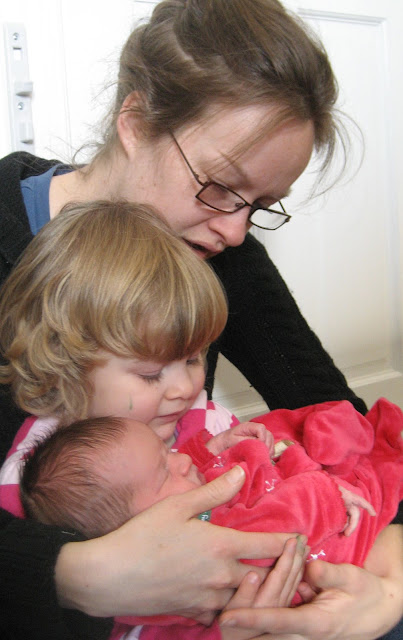Rebuilding the World with Love
This past weekend I listened carefully to a poem--really a blessing--inviting us to listen well, to see beyond the obvious, to help rebuild the heart of the world with love because the heart of the world bleeds.
Lately I've remembered Ezra, recounting the day the foundations of the temple were rebuilt; how the younger builders shouted with joy and the older builders wept so loud that the sounds could not be distinguished from one another. Rebuilding is painful.
In What's So Amazing About Grace, Philip Yancey reminds the reader that news media most often airs stories about death and betrayal and less often shows how men, women and children are involved in the work of healing. Yet there are multitudes who are doing just that in a multitude of ways. Still, it sometimes seems that no sooner has one wound been healed than another breaks open. Healing the world often seems to be beyond the scope of hope or help as we hear about perpetual festerings in the Middle East. Or in some of our cities. Or a few blocks down from where I live.
Ten minutes from where I work lives a Somalian woman. I visit her from time to time and have learned a bit about her experience in the larger community; that very little love has been demonstrated towards her and her children and to save my life I can't understand why. Illiterate in her own country, she, the sole English-speaking interpreter for her community struggles to interpret this culture to her neighbors. Though honored for being a very good employee in her place of work, she'll probably never earn more than minimum wage; a GED would help, but is all but impossible for her to earn. The unkindness she has experienced is no doubt due to the veil she wears.
During our last visit a truant offer came by her apartment to investigate an incident that involved her son who was charged with punching another kid who lives in the same apartment complex. When the officer left, she told me that the same kid had, minutes before, slammed her youngest son into a wall. Having spent several years in a refugee camp in Kenya, this woman thought coming to the US would mean better opportunities for her sons. Today she worries that she made a bad decision.
That said (or written), there are people, working hard and creatively to offer hospitality to fleeing and displaced families from Somalia, Honduras, and Syria.
Jesus and Mr. Rogers and others teach us that the word neighbor means anyone in need of help. That means everyone. Not only those with whom we are familiar but also the stranger--especially the stranger. Because when we come near that neighbor we're likely to find her not so strange.


Comments